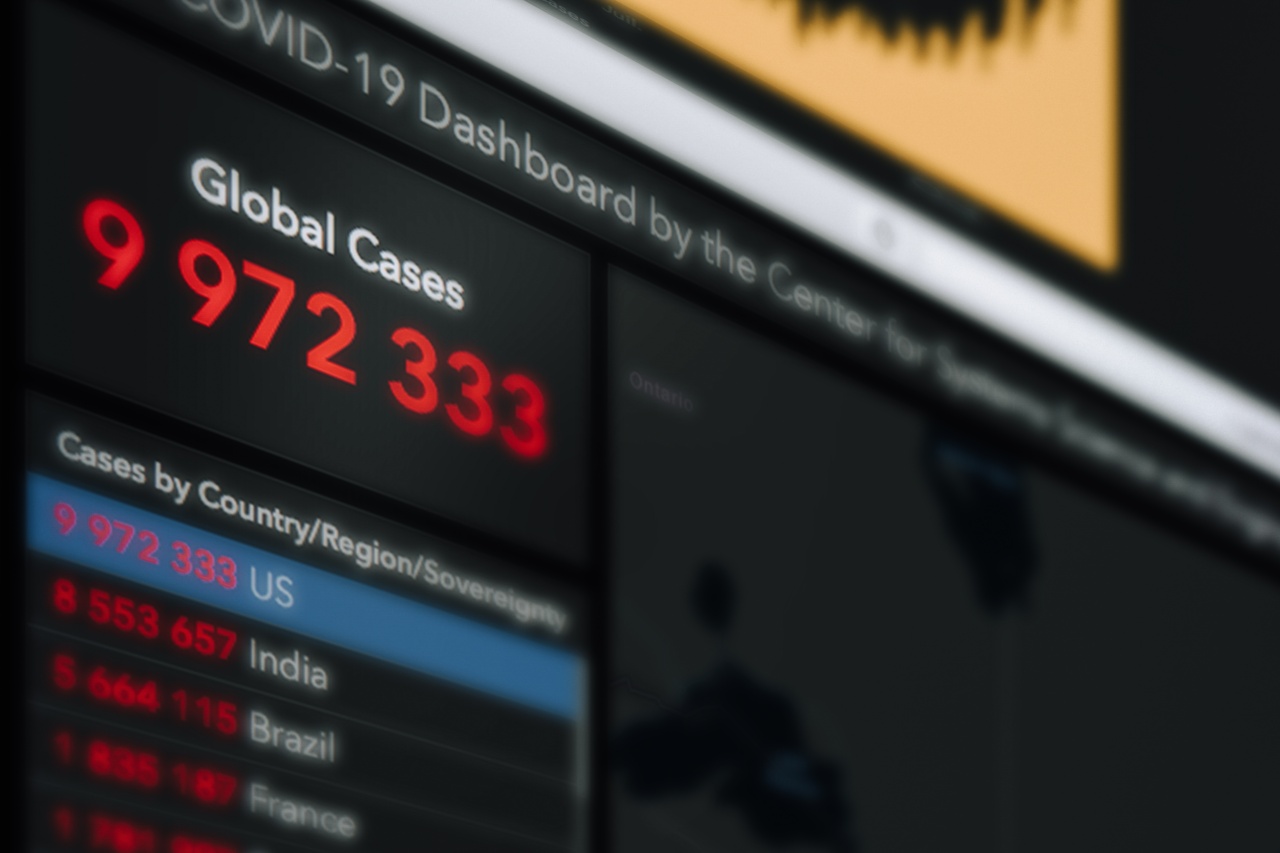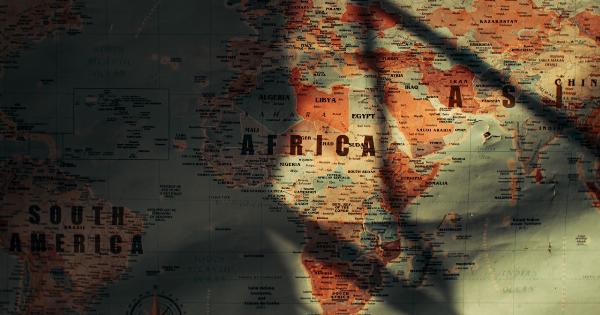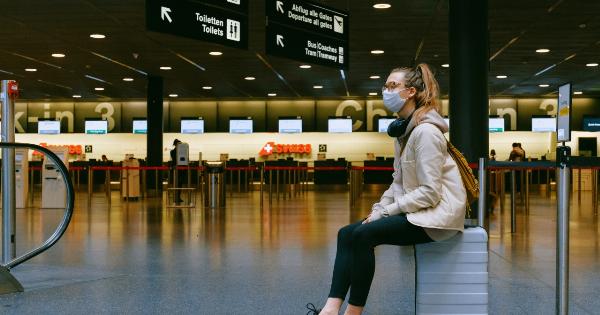There are increasing concerns that the Ebola outbreak could get out of hand, with some experts predicting that it could reach 20,000 cases by November.
The outbreak, which started in Guinea in December 2013, has already claimed over 9,000 lives in West Africa. While progress has been made in controlling the spread of the disease, there are still challenges to be overcome.
The factors contributing to the outbreak
There are a number of factors that have contributed to the outbreak of Ebola in West Africa. The region has been hit by a series of crises over the past few years, including civil wars, natural disasters, and political instability.
This has weakened the healthcare systems and infrastructure in the affected countries, making it harder to contain the spread of the disease.
Another factor contributing to the outbreak is the lack of education and awareness among the population about the disease. Many people do not understand how the disease is spread or how to protect themselves from it.
This has led to poor hygiene practices and a reluctance to seek help when symptoms appear.
The outbreak has also been fuelled by cultural practices in the region, such as washing the bodies of deceased loved ones before burial.
This has contributed to the spread of the disease, as Ebola can be transmitted through contact with the bodily fluids of an infected person.
The challenges of controlling the outbreak
Despite the efforts of the international community to contain the spread of Ebola, there are still a number of challenges that must be overcome. One of the biggest challenges is the lack of resources and infrastructure in the affected countries.
Many of the healthcare facilities are poorly equipped and understaffed, making it difficult to treat patients and contain the spread of the disease.
Another challenge is the mistrust and fear among the population. Many people are suspicious of the motives of the international aid workers and are reluctant to seek help from them.
This has led to a breakdown in communication between the aid workers and the community, making it harder to control the spread of the disease.
Finally, the lack of a vaccine or cure for Ebola has made it difficult to control the outbreak. While progress is being made in developing a vaccine, it is still in the early stages of development and may not be available for some time.
The way forward
Despite the challenges, there is hope that the Ebola outbreak can be contained and eventually eliminated. The key to controlling the spread of the disease is through education and awareness.
Governments and aid agencies must work together to educate the population about the disease and how to protect themselves from it.
Healthcare infrastructure must also be improved in the affected countries, with an emphasis on providing better facilities and training for healthcare workers.
The international community must provide more resources to support these efforts and help build the infrastructure needed to contain the outbreak.
Finally, progress must be made in developing a vaccine or cure for Ebola. While this may take some time, it is essential to prevent future outbreaks and protect the global population from this deadly disease.
Conclusion
The Ebola outbreak is a serious global health crisis that requires urgent action. While progress has been made in controlling the spread of the disease, there are still many challenges to be overcome.
Governments and aid agencies must work together to improve healthcare infrastructure, educate the population about the disease, and develop a vaccine or cure for Ebola. Only by working together can we hope to contain and eventually eliminate this deadly disease.



























